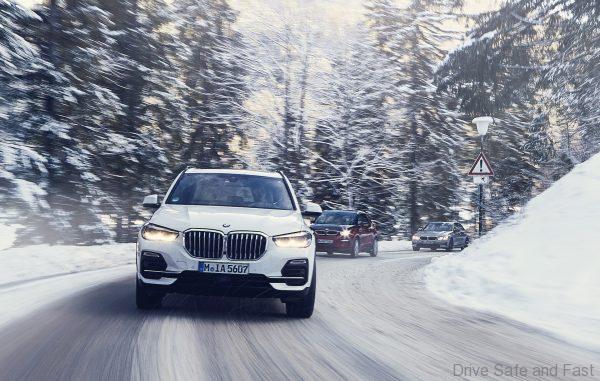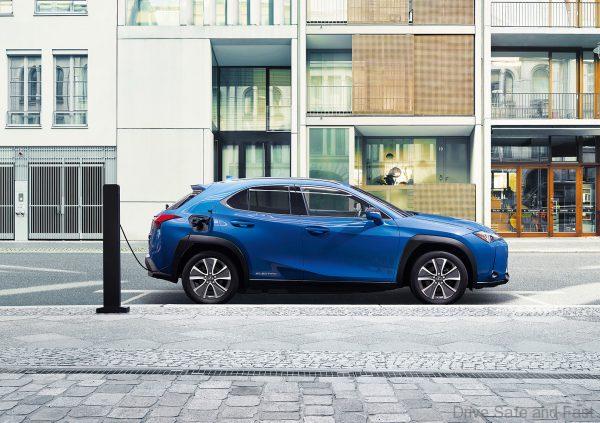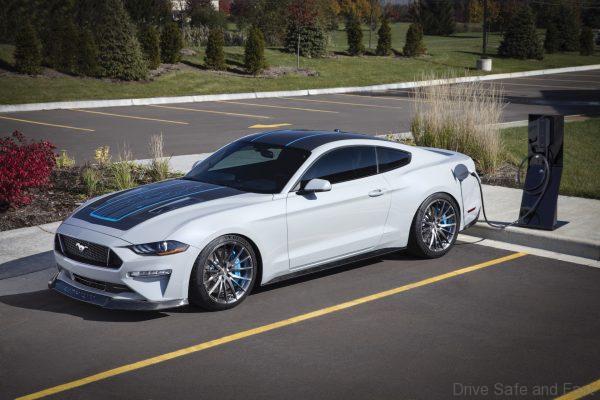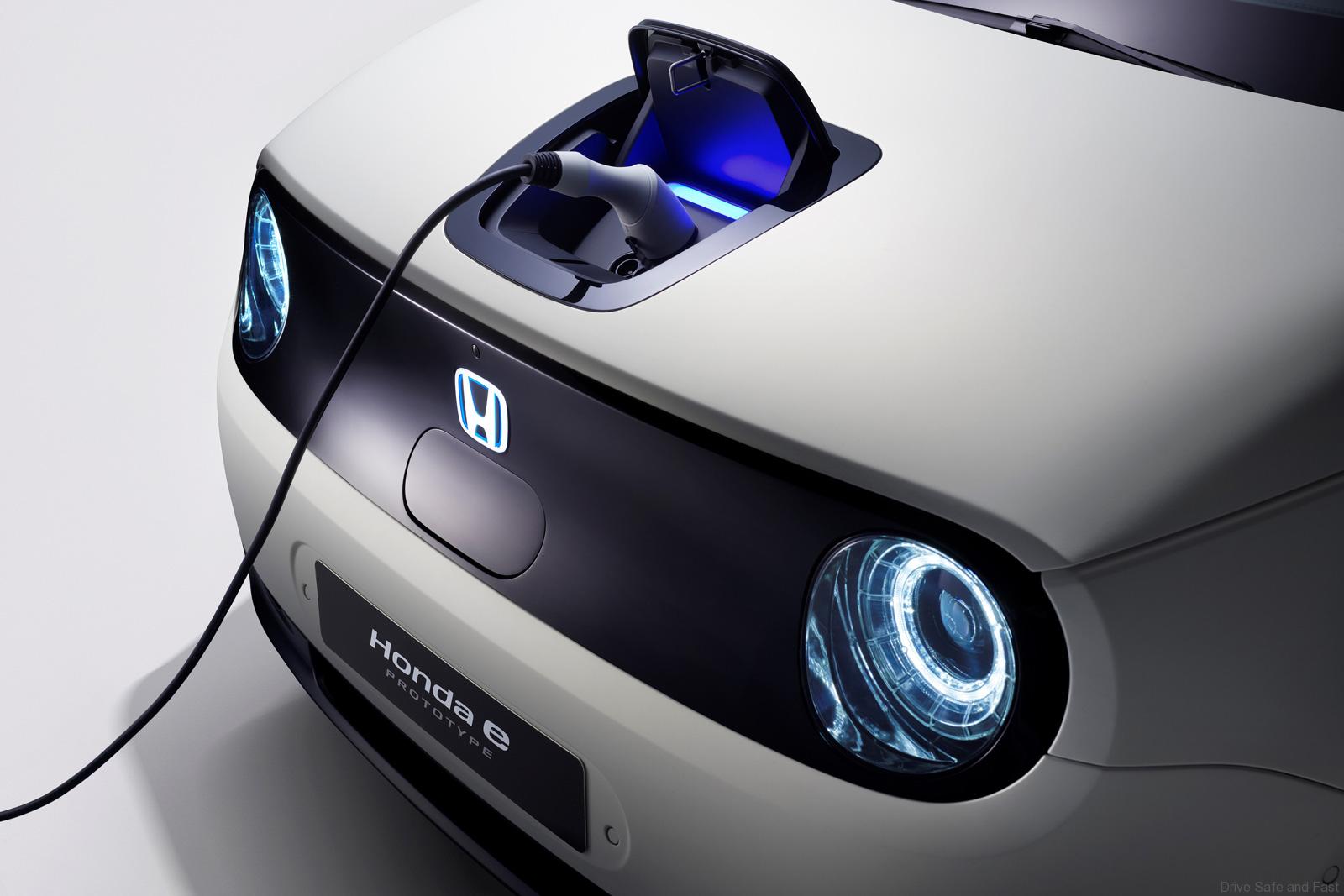Is It The End Of Fast And Furious Driving
Come 2035, motorists in the American state of California will be barred from purchasing new vehicles running on petrol or diesel which will also include hybrid cars, at least if a new proposal the state announced this week (23rd September 2020) survives the likely legal challenges. However, this is not the only place where regulators are putting in place an outright ban on the internal combustion engine.

Norway, Germany, India and France are among growing list that now includes 21 countries that have either enacted bans or are considering them. And Great Britain, which already laid out plans to ban the sale of petrol and diesel vehicles by 2040 is now giving serious consideration to pushing that forward to as early as 2030.
Beyond that, a long list of individual cities and regions are taking similar steps, including Amsterdam, Barcelona, Hamburg, Mexico City and Paris, as well as the entire Canadian province of British Columbia.

Carmakers from the U.S., Asia and the Europe are preparing for a future where electric vehicles become the prevailing form of both commercial and personal transportation.
Car companies have already begun a major and very expensive shift to electric vehicles. General Motors has undertaken a major re-tooling of an assembly plant in Detroit for the production of electric SUVs and trucks. Only last week, Ford announced plans for a new assembly plant at its storied Rouge complex to build an electric pickup trucks and just this week committed to re-tooling as assembly plant in Oakville, Ontario for electric vehicles.

Meanwhile, companies such as Volkswagen, BMW and Volvo are quickly bringing on new electric vehicles, while tough new restrictions in Europe are spurring sales of EVs. Meanwhile, the British government is considering accelerating a ban on sales of new gasoline-powered vehicles in the United Kingdom from 2040 to 2030.

For China, in August 2020, the fifth straight month of increase, sales of new energy vehicles (NEVs), which include battery-powered electric, plug-in hybrid and hydrogen fuel-cell vehicles jumped 25.8 per cent to 109,000, the second straight month of increase. China will invest RMB10 billion (USD1.42 billion) to expand the country’s charging network by 50 per cent this year to stimulate EV deployment. Currently there are plans for a total of 600,000 charging points to be installed this year, with private charging points accounting for two thirds of the total number. China runs the world’s biggest EV power network with over 1.2 million charging points as of 2019.

